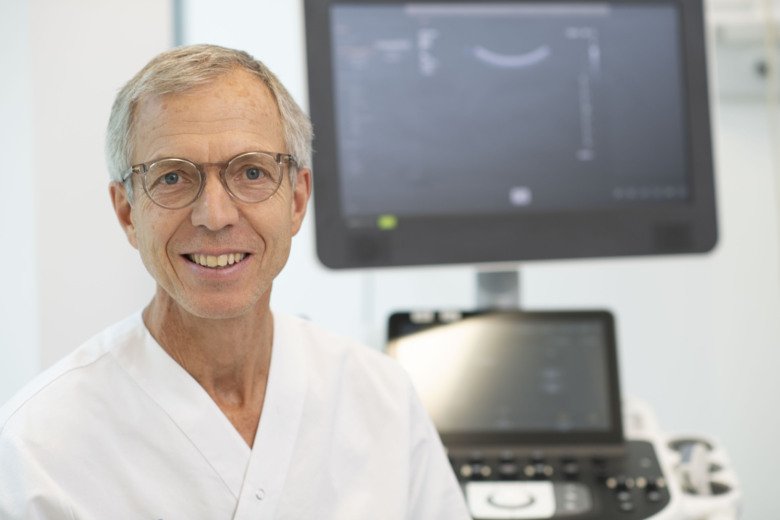“Every birthing woman and her infant deserves the highest quality of care and safety”

Meet research group leader Olof Stephansson, Division of Clinical Epidemiology, Department of Medicine, Solna.
Tell us about your research group!
– The research group in reproductive epidemiology is a young and rapidly growing group at the Clinical Epidemiology Division and includes 40 professionals, who are clinical researchers, postdocs, epidemiologists, nutritionists, biostatisticians and PhD-students. Our research focus on risk factors and interventions during pregnancy, childbirth and the neonatal period and outcomes for both mother and child. We have a strong collaboration with clinical departments, including paediatrics, obstetrics and gynaecology and other national and international research groups as well as other organizations. The group has extensive experience in research in perinatal outcomes using advanced methods in biostatistics and clinical epidemiology. The research team is located in Eugeniahemmet close to the Karolinska University Hospital in Solna.
What are your goals?
– Our area of research has covered a wide range of topics within maternal and perinatal epidemiology, such as obesity related health risks in mothers and their offspring, perinatal and maternal health outcomes after complicated pregnancy such as preterm birth and preeclampsia, and in women with chronic disease like rheumatic diseases, MS, inflammatory bowel disease, endometriosis, polycystic ovary syndrome, eating disorders, diabetes, depressive disorders. Furthermore, we investigate interventions and the role of labor duration and quality of care around the time of childbirth and risk factors for adverse outcomes in mothers and their infants.
My ambition is that our research enables us to understand what are the factors that increases the health risk for a woman and her offspring during birth and the postpartum period. This information can be directly implemented in the routine and daily clinical practice. Every birthing woman and her infant deserves giving birth safely and to receive the highest quality of care without risking future invalidity or even death.
What exciting research are you working on right now?
– During the pandemic we have been very busy with studies on Covid-19 and pregnancy outcomes for both mother and infant where we have used data from national quality registers of obstetrics and neonatology linked with data on SARS-CoV-2 test positivity from the SmiNet register at the Public Health Agency (Folkhälsomyndigheten). We have also initiated a collaboration with the Medical Products Agency (Läkemedelsverket) studying vaccination against Covid-19 in pregnant women. Other ongoing projects include prediction of preeclampsia, risk factors for neonatal stroke, long-term risks associated with interventions and medical treatment in the neonatal period, the role of weight gain during pregnancy and much more.
